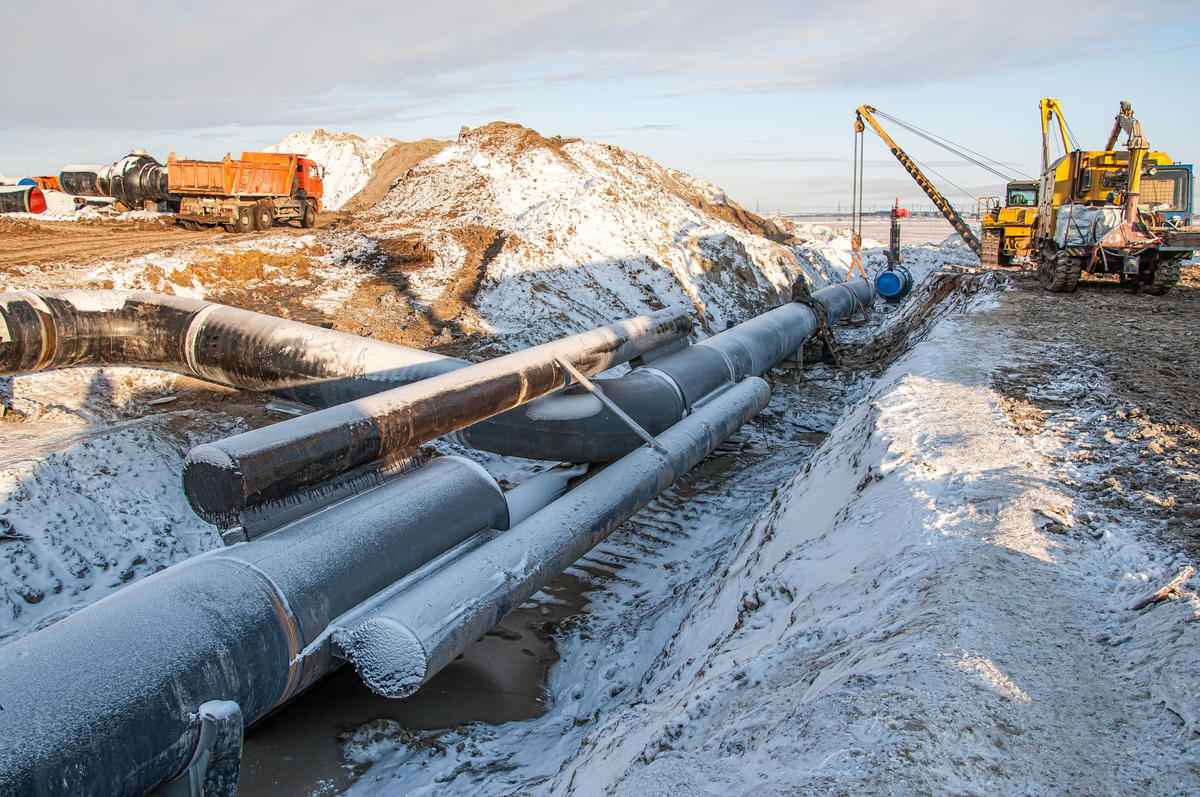Canada Unveils Indo-Pacific Strategy
Overview:
The Canadian government has announced the details of its long-awaited Indo-Pacific Strategy, committing to spend more than $2.2 billion to support a significant shift in the government’s approach to the region. The announcement was made today in in Vancouver by Canada’s Foreign Affairs Minister, Melanie Joly, where she was joined by several high-profile members of cabinet: International Trade Minister Mary Ng, Public Safety Minister Marco Mendicino, and International Development Minister Harjit Sajjan.
The government is signaling a stronger stance towards China, which has increasingly become seen as a disruptive global power; seeking to counter its influence in the region by growing economic, diplomatic, and military cooperation in the Indo-Pacific, the world’s fastest growing region. The announcement comes in the wake of reports accusing the Chinese consulate in Toronto of illegally meddling in Canada’s 2019 federal election by funding 11 pro-China political candidates.
The government is pitching Canada as reliable partner for like-minded countries in the region for generations to come, with additional investments to promote peace and security in the region. Growing ties with India, as the world’s largest democracy, is seen as a priority for this government due to its increasing strategic importance. Threats faced by Japan and South Korea from North Korea, as well as China’s challenging of international norms, were also identified.
Joly states that the central tenet of the strategy is for the government to act in Canada’s national interests, without compromising its values. It needs to be "clear-eyed" about China's objectives in the Far East and elsewhere, promising to spend almost half a billion dollars over five years to improving military and intelligence cooperation with allies in the region, against the threat of China using its considerable economic and diplomatic influence, as well as the strength of its military and advanced technological capabilities, to bend international order to its will. However, the government remains committed to maintaining diplomatic cooperation with China through the strategy, as to address their outsize influence and impact on key issues such as climate change, biodiversity loss, global health, and nuclear proliferation.
The government is asserting its intent to challenge China in areas of profound disagreement, especially in the face of coercive behavior, human rights violations, or action to undermine the national security interests of Canada and its partners in the region. The strategy also upholds Canada’s One-China policy when it comes to Taiwan, as well as pledging to help smaller countries in the region build up their security forces. $2.2 billion will be invested to combat foreign interference and strengthen protections for Canada’s infrastructure, democracy, and the security of Canadian citizens. The government is also proposing legislative changes to the Investment Canada Act to prevent state-owned enterprises, and any other foreign entities that pose a risk to Canada's national security, from taking over critical Canadian industries and intellectual property.
Highlights:
The strategy includes five core pillars:
-
Promoting peace, resilience and security in the region.
- An investment of $492.9M towards an enhanced defence presence.
- An investment of $87.8M towards strengthened public safety and security.
- An investment of $92.6M towards security partnerships and capacity building.
- An investment of $47.4M towards increasing cybersecurity and digital tech diplomacy.
- Expanding trade investment and supply chain resilience in the Indo-Pacific.
- An investment of $45M over two years towards Modern Team Canada 3.0 Trade Missions.
- An investment of $37.7M in CanExport program enhancements to support Canadian exporting and investment attraction efforts in the Indo-Pacific.
- An investment of $31.8M in the creation of an Indo-Pacific Agriculture and Agri- Food office.
- An investment of $25M towards Labour Program technical assistance to the Indo- Pacific for trade and labour compliance.
- An investment of $65.1M towards strengthening Canada's ability to engage and benefit from international science tech and innovation partnerships.
- Investing in and connecting people in Canada and the Indo-Pacific.
- An investment of $74.6M towards bolstering Visa processing.
- An investment of $74.6M towards supporting diversified student recruitment and increased facilitation and engagement and related business intelligence activities in the Indo-Pacific region.
- Building a sustainable and green future.
- An investment of $750M in Indo-Pacific infrastructure support.
- An investment of $84.3M into the Shared Ocean Fund.
- An investment of $52.4M towards disaster risk and resilience support.
-
Canada as an active and engaged partner to the Indo-Pacific.
- An investment of $100M in uplifting the Indo-Pacific regional capacity, including sustainable environmental bilateral programming.
- An investment of $13.1M in enhanced ASEAN partnerships, including the ASEAN- Canada Plan of Action Trust Fund.
Associated Links:



